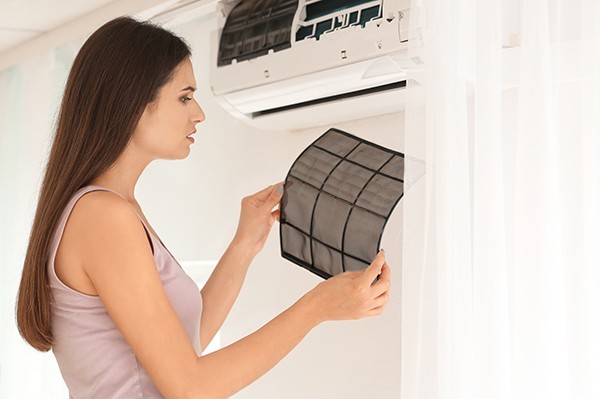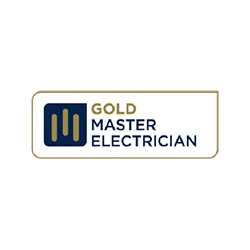13 June 2018
Winter Home Maintenance Checklist
Changing seasons act as a reminder to perform regular maintenance checks around the home. Tick these off your list as we head in to winter to ensure the safety of your home and your family.
Tumble Dryer
Tumble dryers come in handy as the days get cooler and shorter. To ensure safe operation, it’s important to keep your tumble dryer well maintained to prevent it from becoming a fire hazard.
Clean the lint filter before each use. Build up of lint can increase the temperature in the drum. If your clothes are still damp after a full cycle, or they take longer than usual to dry, this could be a symptom of too much lint in the filter, duct or vent. You should also keep the exterior, duct and vents clear of dust, lint and any flammables.
Air Conditioning
Another filter you should be cleaning regularly is your air conditioning. A reverse cycle air conditioner is the most energy-efficient way to heat your home in winter. Find out how it works in our video.
Whether or not you plan on using your air conditioning for heating your home this winter, it’s good practice to perform regular maintenance of your system. You can clean the filters yourself, but unless you have recently had a full professional service of your system, a filter clean is often not enough to ensure the efficiency of your machine and the quality of the air it delivers.
A professional aircon service and/or clean removes the build-up of harmful mould, bacteria and dust and discourage vermin. It can bring your system back up to its original performance and improve indoor air quality.

Portable Heaters
If you don’t use air conditioning for heating, there are a few checks you should do before switching on your portable heater. Make sure there are no frays or breakages in the cords.
NEVER use an electric heater where it may come in contact with water.
NEVER leave it unattended or in a high traffic area, particularly with children.
NEVER hang clothes, or leave material or paper on or near the heater.
Outdoor gas heaters should be checked before use. You will need to have a licensed gas fitter service your outdoor heater if you have difficulty lighting it, the flame is yellow, or there is a strange smell or noise coming from the heater.
Electric blankets should only ever be rolled up when storing them. Do not fold them. Check it for particular hot spots when you first use it and check the cord for any breakage.
Flexi Hoses
Flexible hoses, or stainless steel braided hoses, are a common installation usually found under sinks. Their design means they are vulnerable to kinks, frays and rust and can lead to a burst or leak. Flexi hoses must be checked at least every 6 months to prevent potential house flooding. If your flexi hose is looking a little worse for wear, you should have it replaced by a licensed plumber as soon as possible. You can find out more about Flexi hoses and what to look out for by watching our ‘Flexi-hoses – the hidden flood danger that could be under your sink’ video.
Safety Switches
Your switchboard gathers dust, debris and moisture over time causing safety switches to slow or even cease. This can be a huge safety risk for you and your family. Safety switches should be tested every 3 months to ensure the mechanism works freely. To test your safety switches, press the “Test” or “T” button. The safety switch should then trip, shutting off power to the circuit. To reset push the switches back to the ‘On’ position.
If it does not stay on, you will need to call a licensed electrician to repair or replace the safety switches to ensure you and your family’s safety.
Fallon Solutions electrical team offer a full-service switchboard tuneup. This involves cleaning any debris, sealing up holes, relabeling protective devices, checking all connections, installing vermin deterrent and checking for compliance with Australian standards. We will also provide you with a full condition report for peace of mind.
Smoke Alarms
Queensland Fire and Emergency Services (QFES) strongly recommend testing your smoke alarms once a month. To make sure you remember, you could set yourself a reminder for the first weekend of the month. Testing your smoke alarms takes less than 10 minutes but ensures your family has the best chance of staying safe in a house fire.
2017 Smoke alarm legislation
If you have a new or recently renovated property as of January 2017, you are required by law to have interconnected, photoelectric smoke alarms installed – by a licensed electrician – in every room and hallway. Any homes leased or sold from 1 January 2017 will need to meet compliance after 5 years. All owner-occupied residents will need to meet compliance after 10 years.
For more information about Queensland smoke alarm legislation, you can watch our ‘Queensland Smoke Alarm Legislation’ video or go to the QFES website.
If you would like the advice of a qualified electrician, plumber or air conditioning technician for any of these safety checks give us a call on
1300 054 488
Suggested articles
No articles found

